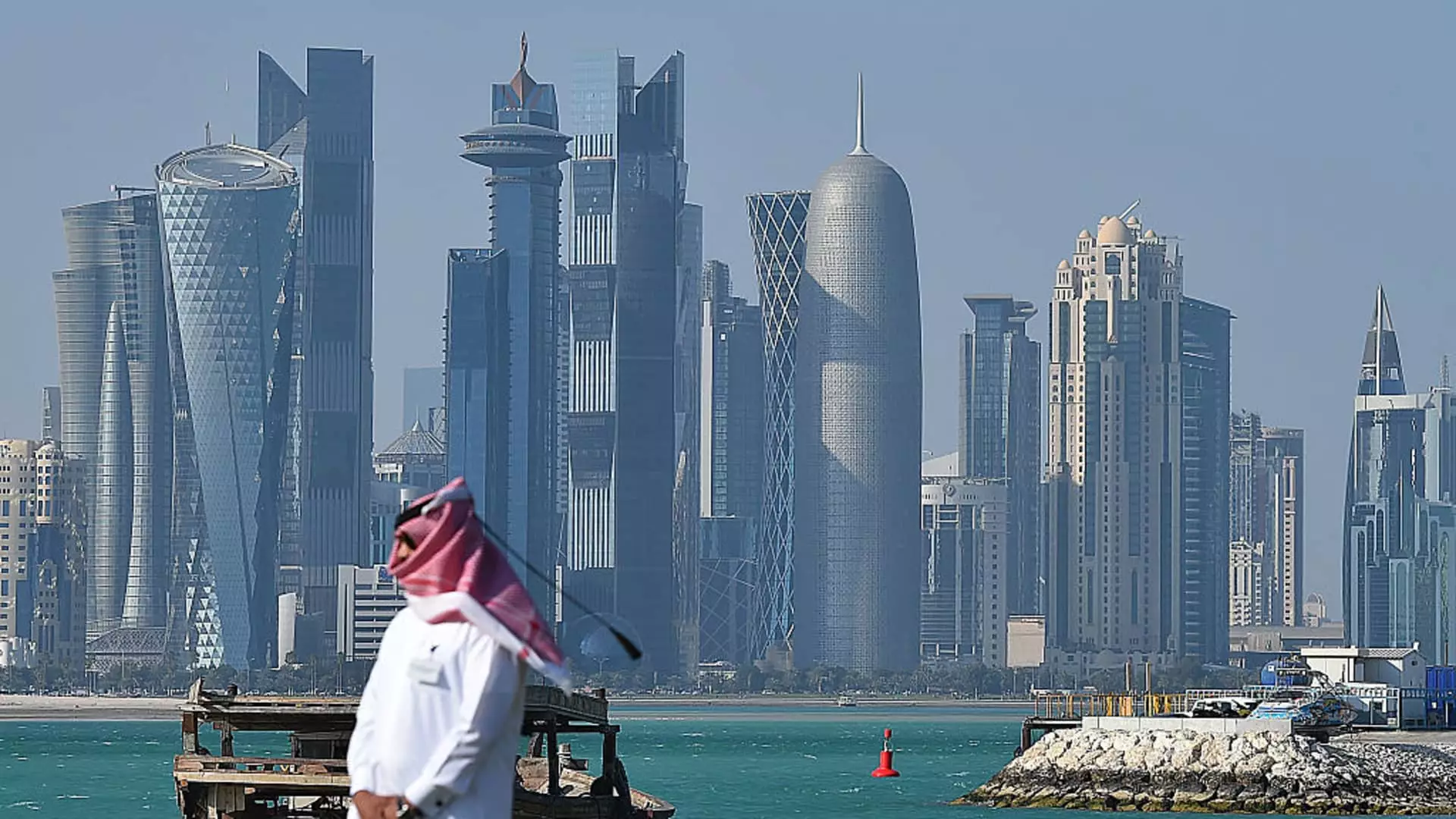In an era where economic diversification is crucial, the Qatar Investment Authority (QIA) is proactively seeking to reshape its financial landscape. With a formidable asset base exceeding $500 billion, Qatar’s sovereign wealth fund is strategically venturing into the world of venture capital. Recognizing the imperative need to diversify its economy away from the prolific oil and gas sector, QIA has initiated a $1 billion fund of funds program. This strategic program is designed to engage both international and regional venture capital (VC) firms, thereby fostering investments particularly in burgeoning fields such as technology and healthcare.
In a significant step forward, the QIA has begun accepting a select group of venture capital fund managers to participate in its program. Notable firms such as B Capital, co-founded by Facebook’s Eduardo Saverin, have set their sights on Doha, marking a pivotal moment for the Qatari investment landscape. B Capital’s establishment of its Middle East office in Qatar underscores the growing appeal of the region as a burgeoning hub for tech investments. This trend is complemented by the inclusion of firms like Rasmal Ventures, Utopia Capital Management, and Builders VC, all eager to tap into the fertile grounds laid by QIA.
Raj Ganguly, co-CEO of B Capital, emphasized the exciting prospects presented by Qatar’s commitment to artificial intelligence (AI) and its supportive framework for innovation. The Qatari environment, referred to as a “sandbox,” encourages experimentation with AI technologies, prompting excitement among venture investors. Ganguly noted, “We believe innovation can come from anywhere,” highlighting the importance of nurturing local talent and ideas that can resonate on a global stage.
Multi-Faceted Investment Goals
The QIA’s fund of funds initiative is built on a dual mandate that seeks both commercial viability and a positive impact on Qatar’s burgeoning VC ecosystem. Mohsin Pirzada, the head of funds at QIA, articulated the ambitious goals of the program, aiming to provide strong returns while simultaneously enhancing the local economy. This dual focus is particularly crucial in a market grappling with increasing competition for investment talent and financial services.
Qatar’s emphasis on nurturing these VC firms seeks not only to invigorate local deal flow but also to establish an ecosystem that flourishes under the support of a robust private sector. The ambition is clear: catalyze a transformative impact that ripples through various sectors while fostering an environment conducive to sustained growth.
However, Qatar’s venture into the VC landscape comes amidst a competitive regional backdrop. Neighboring nations, such as Saudi Arabia and the United Arab Emirates, are aggressively courting financial services firms with attractive incentives. The Saudi government, for example, has introduced mandates compelling companies seeking government contracts to relocate their regional headquarters to Riyadh, thereby luring prestigious firms like Goldman Sachs and BlackRock with lucrative benefits.
As Qatar endeavors to compete within this dynamic, it must leverage its unique strengths rather than merely mirror its neighbors’ strategies. The QIA’s Pirzada aptly stated, “If we are all attracting businesses, innovators, and helping companies to scale, we will all benefit.” This collaborative perspective emphasizes that a flourishing VC ecosystem need not be a zero-sum game; rather, mutual success may be achievable.
As Qatar positions itself within the global venture capital arena, its proactive stance through initiatives led by the QIA underscores a commitment to not just survive but thrive in an evolving economic landscape. The emphasis on technology and healthcare investments, supported by an impressive array of VC partners, could potentially redefine Qatar’s financial future.
Though challenges loom amid regional competition, Qatar’s strategy seeks to embed itself in the rapidly changing narratives of global innovation. As the QIA cultivates a vibrant ecosystem, the future may well witness Qatar transforming from a traditional oil-dependent economy into a dynamic hub of technological advancement and entrepreneurial enterprise. The road ahead is promising, filled with opportunities for those willing to invest and innovate within this exciting new chapter of Qatar’s development.

